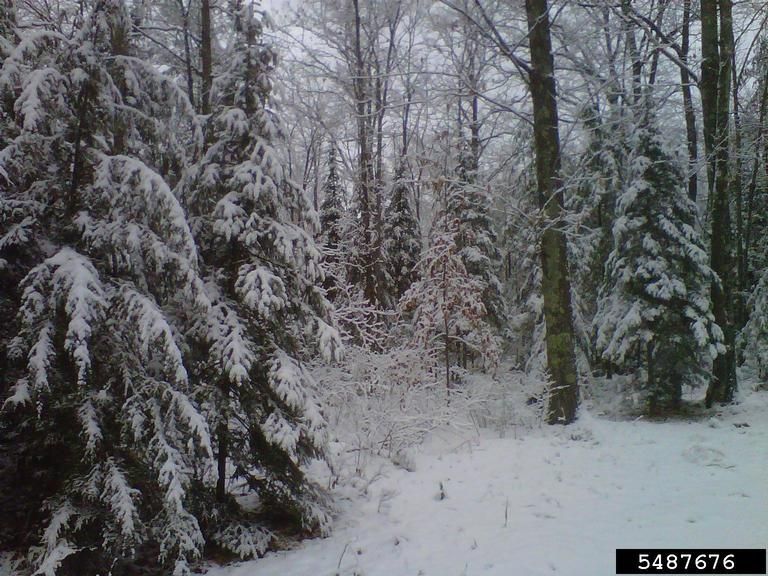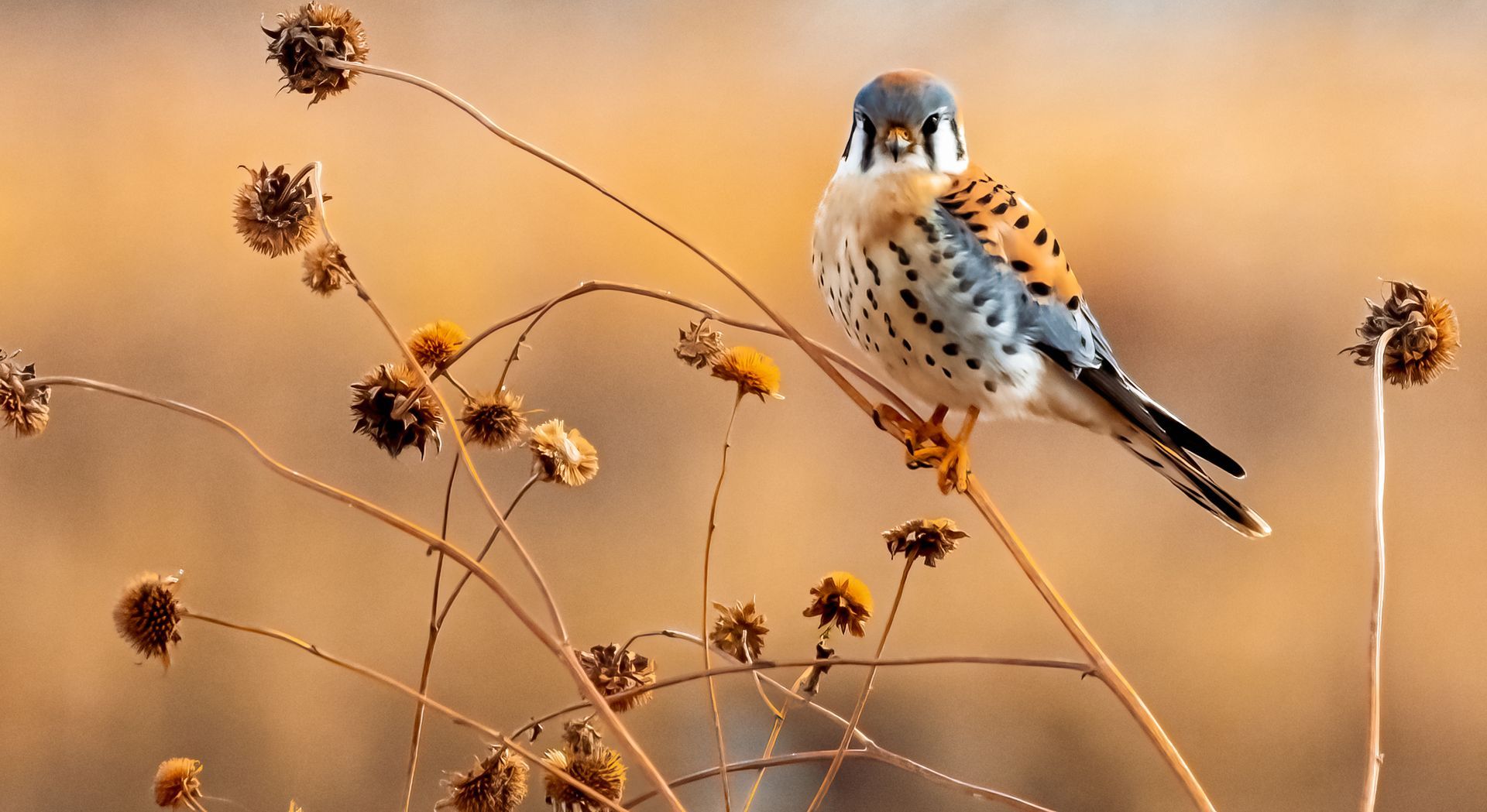Bipartisan Wildlife Bill Left Out of Omnibus Funding Package
Lansing, MI (December 22, 2022) — A bipartisan wildlife bill that supporters dub “the biggest wildlife bill in 50 years” has been left out of the omnibus spending package, leaving very few options for passing the bill this Congress.
The bill passed the House in June and has 47 cosponsors in the Senate , including 16 Republicans.
“This is a commonsense, cost-effective approach that has broad support on both sides of the aisle,” said Amy Trotter, Executive Director of Michigan United Conservation Clubs (MUCC). “Wildlife in Michigan and around the country are increasingly at risk. Bird watchers and hunters alike would benefit from this funding .”
The $1.4B Recovering America’s Wildlife Act would distribute$1.3B a year amongst the state and territorial wildlife agencies. Federally-recognized tribes would spilt $97.5 M annually to manage wildlife on their lands. It would also fund innovative programs to recover already endangered wildlife.
The Michigan Department of Natural Resources (DNR) would have received $26.8 million annually to help at least 301 species, including the lake sturgeon, common loon and many non-game species that share critical habitat with game species like Karner blue butterflies and wild turkey.
“The bipartisan Recovering America’s Wildlife Act is the most important wildlife legislation in half a century, and we must find a way for it to pass. The historic legislation will empower states, Tribes and territories to ensure that the full diversity of fish, wildlife and plants thrive for future generations,” said Collin O’Mara , president and CEO of the National Wildlife Federation. “Inaction is the ally of extinction, and we will continue to push tirelessly to ensure that the bill does not meet the same fate facing thousands of species of wildlife and plants.”
U.S. Senators Debbie Stabenow and Gary Peters are among the Senate cosponsors. Congresswoman Debbie Dingell was an original sponsor and 10 bipartisan members of the Michigan delegation co-sponsored the House bill.
The post Bipartisan Wildlife Bill Left Out of Omnibus Funding Package appeared first on Michigan United Conservation Clubs.



